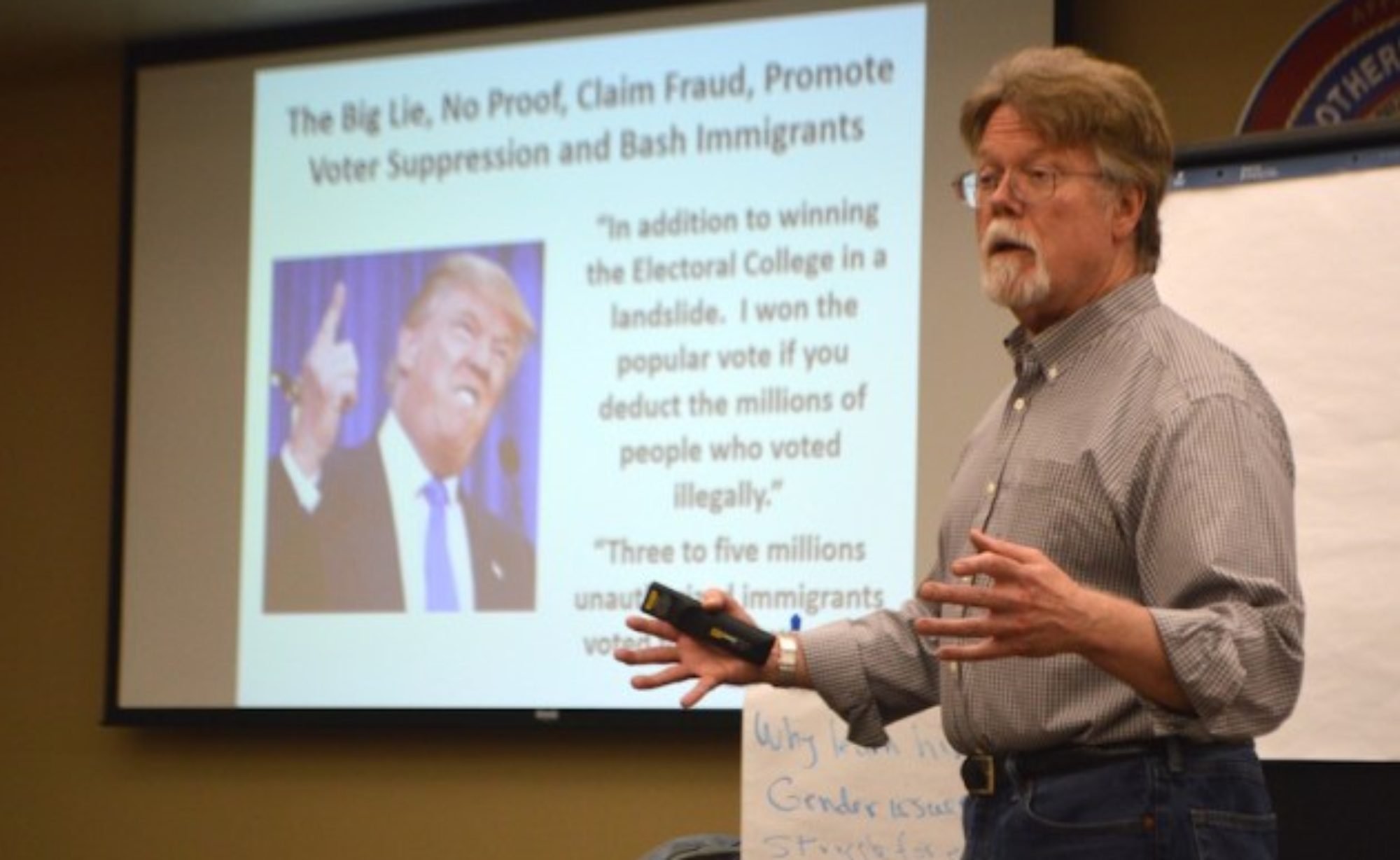Today we are constantly reminded that the 2012 national elections are the most important elections in our lifetimes. They may be a decisive turning point in our nation’s history. A Romney and decisive Republican victory will move us down a path of increased economic inequality and diminished dreams for tens of millions of Americans. An Obama and sweeping Democratic victory may provide us another opportunity to move our nation more decisively toward a new brighter future with greater opportunity and economic security for all. A split election bodes ill for positive change.
Let me be very clear. I strongly support the re-election of President Obama, the efforts to secure Democratic majorities in the Congress as well as the election of Jay Inslee as Governor and keeping our state Legislature in Democratic hands. I urge everyone to work hard and donate as much money as you can spare. Defeat is not an option. However, decisive Democratic victories alone will not guarantee that we, the people, get the sweeping reforms needed to move us toward a brighter and more sustainable and secure future. So what else is needed?
From time to time, historic moments for sweeping reforms emerge. Four times in the past 50 years, we, the people, have risen up and won sweeping election victories by electing a Democratic President and large congressional majorities: 1964 – President Johnson; 1976 – Carter; 1992 – Clinton; and 2008 – Obama.
Each time, we wanted sweeping reforms that would ensure steady progress toward expanding the American Dream of greater opportunity, fairness and security for everyone. We also wanted an expansion of political democracy and rights that would help ensure greater opportunity for the people’s voices to be heard in the great public debates on the road forward. Unfortunately, we won a broad reform agenda only once: 1965-68 with the passage of the Great Society under Johnson and some major victories in the first few years of Nixon.
The last three great reform moments under Carter, Clinton and Obama did not produce the broad sweeping reforms we wanted and needed. Why didn’t they? Equally important is what were the progressive movements doing that hindered our ability to win sweeping reform agendas after we helped win big electoral victories?
These are uncomfortable questions as I must engage in difficult self-criticism and deep and constructive criticisms of the movements that I have been a part of for decades. If we are unwilling to do deep collective self-criticism of our collective work over the past decades we will not learn from our mistakes of the past and will continue to repeat them. This is critical and very uncomfortable work. We cannot assert that we don’t have time because the current struggles are too important.
I am tired of what I call the “Pity Party” discussions among progressives and people concerned about our country. I confess that I have participated in hundreds, if not thousands, of these discussions over the years that sound like this: “We elected (insert name of choice) and the Democrats. They promised (insert issue of choice). They didn’t deliver. They blamed the Republicans. Pity us. It is so unfair.” I want to limit these conversations to a five minute maximum and then shift to what each of us and we collectively are willing to do in the short- and long-term to regain the offensive toward a better future.
The elections will create new opportunities and challenges. Some things will remain the same: Corporate America is determined to dominate the country. The Republican Party serves their corporate masters. The Democratic Party has many progressives fighting for change and a corporate wing that sabotages many key reforms (see three previous reform moments). We have many movements fighting to a better future. The country is deeply divided while the vast majority of Americans are struggling with ongoing economic challenges. These are the facts on the ground.
We progressives have major choices here. Are we willing to do the deep critique of our own work over the past man years? Are we willing to clarify our vision anchored in deeply held values, create a comprehensive agreed upon agenda, and organize ourselves more effectively across our many movements so we can be more effective in the long-term struggles ahead? We must say yes. The next articles will explore these questions.
(Mark McDermott is a member of the PSARA Executive Board and the organizer of economic and social justice workshops now being sponsored by PSARA.)
